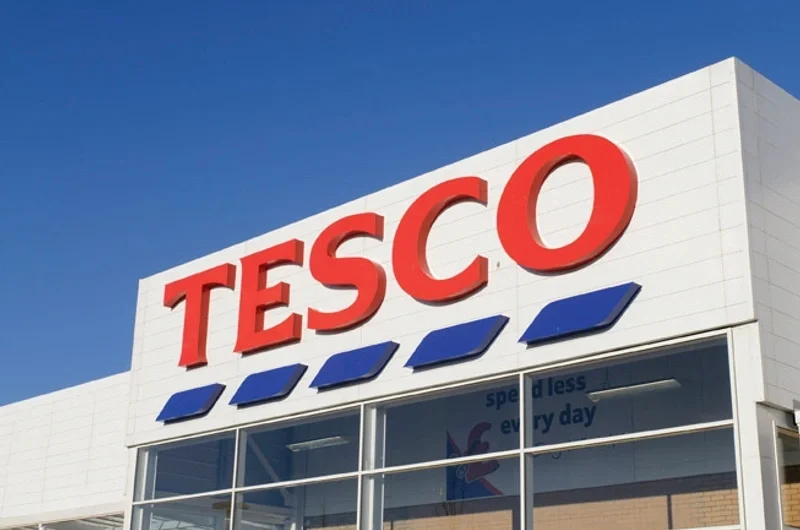
Shareholders in Tesco (TSCO) could get some money back after the supermarket giant agreed a settlement with the Serious Fraud Office (SFO) over accounting malpractice.
The Financial Conduct Authority (FCA) has used its powers to force Tesco to compensate shareholders over the affair to the tune of £85m.
In total the company is taking an exceptional charge of £235m in respect of the penalty, compensation scheme and related cost.
What does this mean for shareholders?
The market abuse identified by the FCA relates to a trading update on 29 August 2014 which overstated profit.
This was followed by another statement on 22 September 2014 which identified the accounting error.
In the FCA’s words ‘the market price for Tesco shares and bonds was inflated’ so anyone who invested between these two dates is entitled to compensation.
Who is eligible for compensation?
Anyone who invested in Tesco shares and bonds between 29 August 2014 and 19 September 2014 inclusive will be eligible for compensation.
Tesco will pay 24.5p per share and interest based on 4% annual rate to retail bondholders.
The interest period runs from 19 September 2014 until around four months after the opening of the scheme.
How do you make a claim?
Accountant KMPG have been tasked with running the scheme, overseen by the FCA.
The compensation scheme should be open by the end of August this year.
You will need evidence of having purchased Tesco shares in the period in question.
Relevant evidence would include, for example, relevant monthly statements from around August and September 2014.
Your broker should be able to help if you do not have records to hand. You will also need to show evidence if you bought the shares through contracts for difference (CFDs) or spread bets.
Once the scheme is open you will have six months to make a claim. More detail can be found here.
Why is Tesco’s acquisition of Booker back in the news?
Last night news emerged that two major shareholders are trying to block Tesco’s takeover of wholesaler Booker.
Schroders and Artisan Partners, who together own 9% of the company, don’t like the deal.
In a letter sent by Schroders to Tesco chairman John Allan the fund manager argues ‘there is compelling academic and empirical evidence that, on average, acquisitions destroy value for acquiring shareholders’.
It argues the high price paid for Booker, 23 times peak operating profit by its reckoning, makes the destruction of value ‘even more likely’.
Tesco management are unlikely to back down unless shareholder opposition becomes more concerted. The rationale for the deal was to tie up the end-to-end wholesale and retail business to create cost savings of around £200m a year.
It seems likely though the concerns will be addressed when the company reports its full year results on 12 April.




